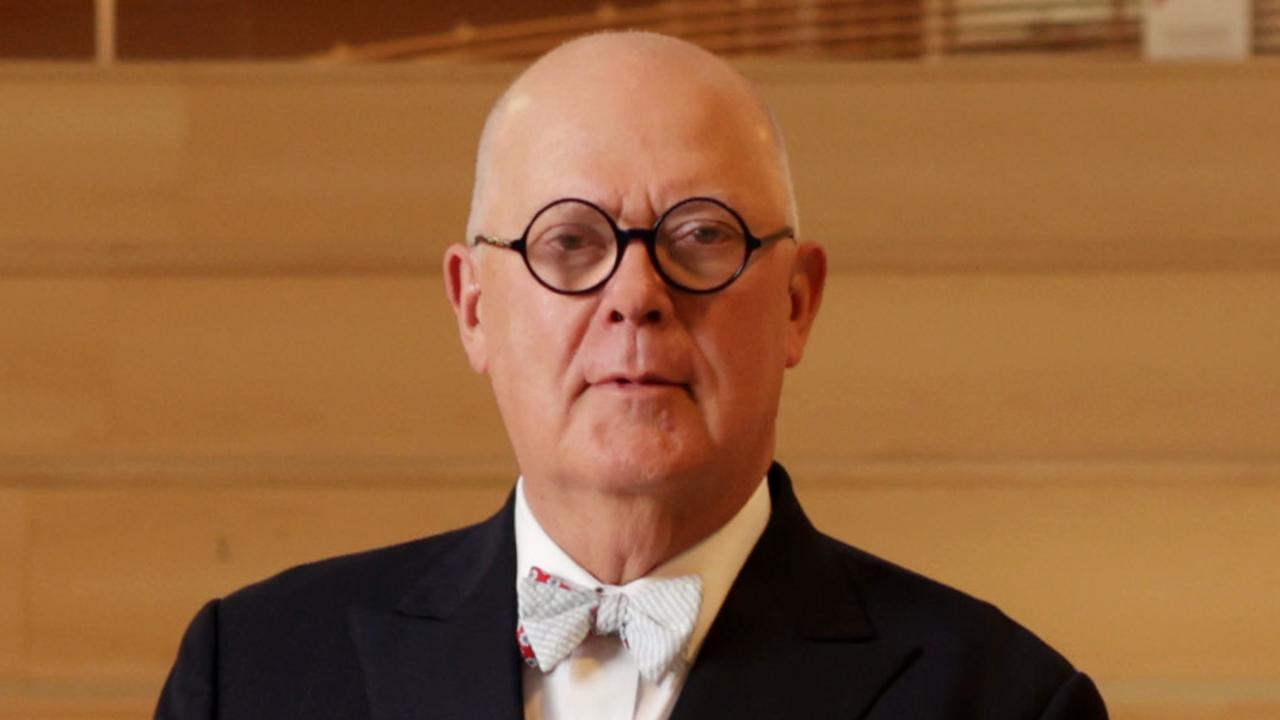'Make kids study maths, science'
MATHS and science should be made compulsory in the last two years of high school, according to a report comparing performance.
MATHS and science should be made compulsory in the last two years of senior high school, with the current system ghettoising the subjects for an ever-shrinking number of highly talented students.
An international comparison of maths and science policy, practices and education trends, released today, says the breadth of subject choice for senior students not only weakens participation in maths and science but undermines wider innovation, creativity and productivity in the economy. It notes that those countries that perform the best in OECD comparisons in school-based maths and science are the nations with mandatory maths and science in senior high and are also "exceptionally strong in research and development and are rapidly growing their scientific output".
Those nations "have all experienced two decades of exceptional economic performance", it says.
The report, from the Australian Council of Learned Academies, recommends that strategies be devised to help draw the brightest school-leavers into maths, sciences and engineering at undergraduate level instead of losing large numbers to fashionable degrees such as law and business.
"An ever-growing proportion of the workforce (needs) to have quantitative and symbolic skills and basic scientific knowledge," it says. "It is desirable to persuade more high-achieving students to shift from higher-education programs in business and law to science, mathematics and engineering."
The report, Where does Australia stand on science, technology, engineering and mathematics education?, says the school system allows high-achieving students to use difficult maths and science subjects as "a privileged route for selection into high-status university programs".
That concentration of super-bright kids in a few hard subjects turns the majority off and, with no broader alternatives, many complete high school with no maths or science under their belt. Universities then compete for those same elite students, only to have them enrol in business and law.
"At the core of this report is the need to make science education meaningful to young people," said Martin Westwell, director of the Flinders Centre for Science Education in the 21st Century. "(It) shows the way to dismantling the pipeline and developing young people who think about the world in scientific ways . . . and overcome the distinctions between science, art and the humanities."
In a speech at Swinburne University last night, Australian Industry Group chief executive Innes Willox backed calls for improvements in science and maths. "Business concern extends to (Australia's) continued languishing performance in science, math, engineering and technology (STEM) disciplines in upper secondary schooling, despite over 75 per cent of future occupations requiring strong underpinning STEM skills," he said.


